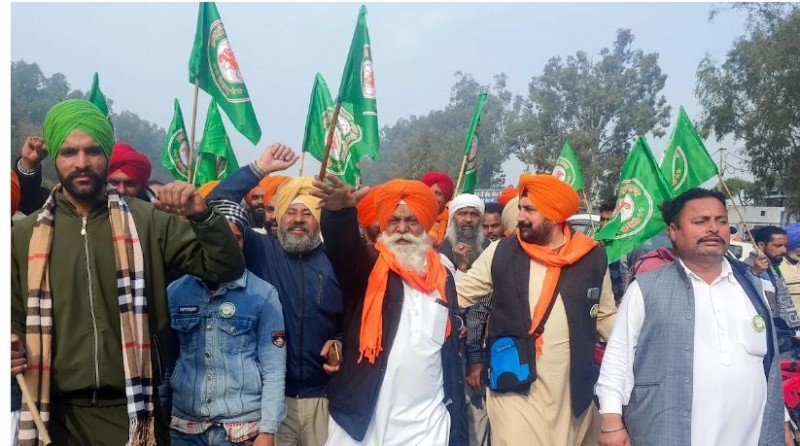
The Swaminathan Committee, under the National Commission on Farmers, proposed Minimum Support Price (MSP) guidelines in various reports from 2004 to 2006. However, the UPA government, led by the Congress, rejected these suggestions, citing concerns about their effectiveness.
The committee recommended setting MSP at a minimum of 50% higher than the weighted average production cost, known as the C2+50% formula. This formula aimed to ensure that farmers received adequate returns, covering input costs such as capital and land rent.
Rahul Gandhi, a prominent Congress leader, recently pledged that if his party wins the upcoming Lok Sabha elections, they would legally guarantee MSP for farmers in line with the Swaminathan Commission's recommendations.
KV Thomas, the Minister of State for Agriculture in 2010, informed the Rajya Sabha that the MSP recommendation wasn't accepted by the then-Manmohan Singh-led government. Thomas argued that tying MSP directly to production costs could distort market dynamics and be counterproductive in certain situations.
Government officials expressed concerns that enforcing a legal MSP guarantee for all crops would strain the budget, leaving limited funds for other developmental objectives. They highlighted the substantial gap between the total agricultural produce value and the market value of crops under the MSP regime.
Why Farmers Are Protesting
Farmers, led by Jagjeet Singh Dallewal and Sarwan Singh Pandher, are marching to Delhi with a set of demands. They seek a law ensuring MSP for all crops, inspired by the Swaminathan Commission's report. Additionally, they demand debt waivers, a pension scheme, withdrawal of the Electricity Amendment Bill 2020, and the reinstatement of the Land Acquisition Act of 2013.
The protestors also demand justice for those involved in the Lakhimpur Kheri killings and provisions for employment under MGNREGA with a focus on farming. They seek compensation for families of deceased protestors and job opportunities for affected members.
Delhi Protests: A Unified Stand
Rakesh Tikait, a prominent farmer leader, emphasized that the issues of MSP, Swaminathan Committee report implementation, and debt waivers concern all farmers. He expressed solidarity with the 'Delhi Chalo' protestors, stating that these issues unite farmers nationwide.
Tensions escalated as protestors attempted to breach barricades at the Punjab-Haryana Shambhu Border, prompting police to use tear gas. Several protestors were detained by the Haryana police, while extensive security measures were deployed in anticipation of the march towards Delhi.
Punjab and Haryana High Court Urges Amicable Resolution to Farmers' Protest
Congress Promises Legal Guarantee of MSP for Farmers, Says Rahul Gandhi